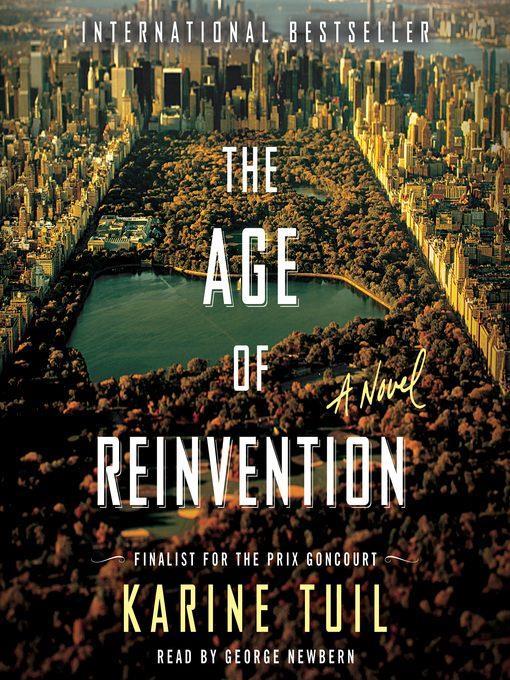
The Age of Reinvention
A Novel
کتاب های مرتبط
- اطلاعات
- نقد و بررسی
- دیدگاه کاربران
نقد و بررسی

Starred review from October 19, 2015
French author Tuil makes her U.S. debut with this suspenseful, if at times daunting, Gatsby-esque odyssey (a finalist for France’s Prix Goncourt) laced with provocative observations of prejudice, politics, and sexism. Sam Tahar, a $1,000-an-hour Manhattan DA, media darling, and sex addict, enjoys the kind of life he could barely have imagined back when he was growing up in Paris as Samir, the poor son of Tunisian immigrants. But the lofty social position as the son-in-law of Rahm Berg, “one of the richest men in the U.S.,” comes with a high price: Sam’s pretense that he is a North African Jew, not a Muslim. Deep down Sam knows that the question is not if his past will catch up to him but when. Sam’s secret lights the fuse on the twisty plot, but where it eventually explodes comes as a complete shock. Sadly, Tuil’s theme of anti-Muslim prejudice and its consequences seems even timelier today than when the novel was first published in France in 2013. Agent: Heidi Warneke, Grasset & Fasquelle (France).

George Newbern narrates this provocative novel in a relaxed conversational style that allows Tuil's breathtaking story to sparkle. Sam Tahar, a wealthy New York attorney, learns that a life built on lies will eventually unravel. He can't resist wooing Nina, the ex-lover he lost long ago to his former best friend, Samuel, and this uncontrollable hunger triggers an inevitable downward spiral. Newbern's straightforward dialogue and fast pace sometimes make it difficult for for the listener to identify which character is speaking. But this shortcoming is relatively insignificant because this work stands so strongly on its narrative elegance. It's a dark story, but Newbern's performance doesn't linger on the gravitas. It seems that obsession will destroy only those who deserve it. N.M.C. © AudioFile 2016, Portland, Maine

March 1, 2016
Sam, Samir, and Nina met in law school in Paris. Sam and Nina were lovers. While Sam was briefly away, Samir shared Nina's bed, after which Sam attempted suicide and won Nina back. Fast-forward almost two decades: Sam and Nina are poor and desperate but still together in Paris; Samir is a rich, powerful, and newsworthy Manhattan attorney specializing in women's rights--utterly ironic as his marriage vows can't keep underage teens out of his clutches. Gone is Samir's Tunisian Arab heritage; he's not only using Sam's shortened name, he's also appropriated Sam's Jewish past. When the threesome meet again, it sets in motion another "age of reinvention." A best-selling finalist for the prestigious 2015 Prix Goncourt, this work arrives Stateside with something lost in translation: the triumvirate devolves from unlikable to unbelievable, further marred by tedious writing (cloying cleverness, constant footnotes). More vexing is listening to 12 hours of such fodder narrated with inappropriate direction: the writing states early that Samir's English is "tinged with an aristocratic accent," yet the usually reliable George Newbern affects unrecognizable tones; Sam and Nina speak to each other in Inspector Clouseau-esque faux pronunciation. VERDICT For a better Franco import, consider Kamel Daoud's The Meursault Investigation.--Terry Hong, Smithsonian BookDragon, Washington, DC
Copyright 2016 Library Journal, LLC Used with permission.

























دیدگاه کاربران